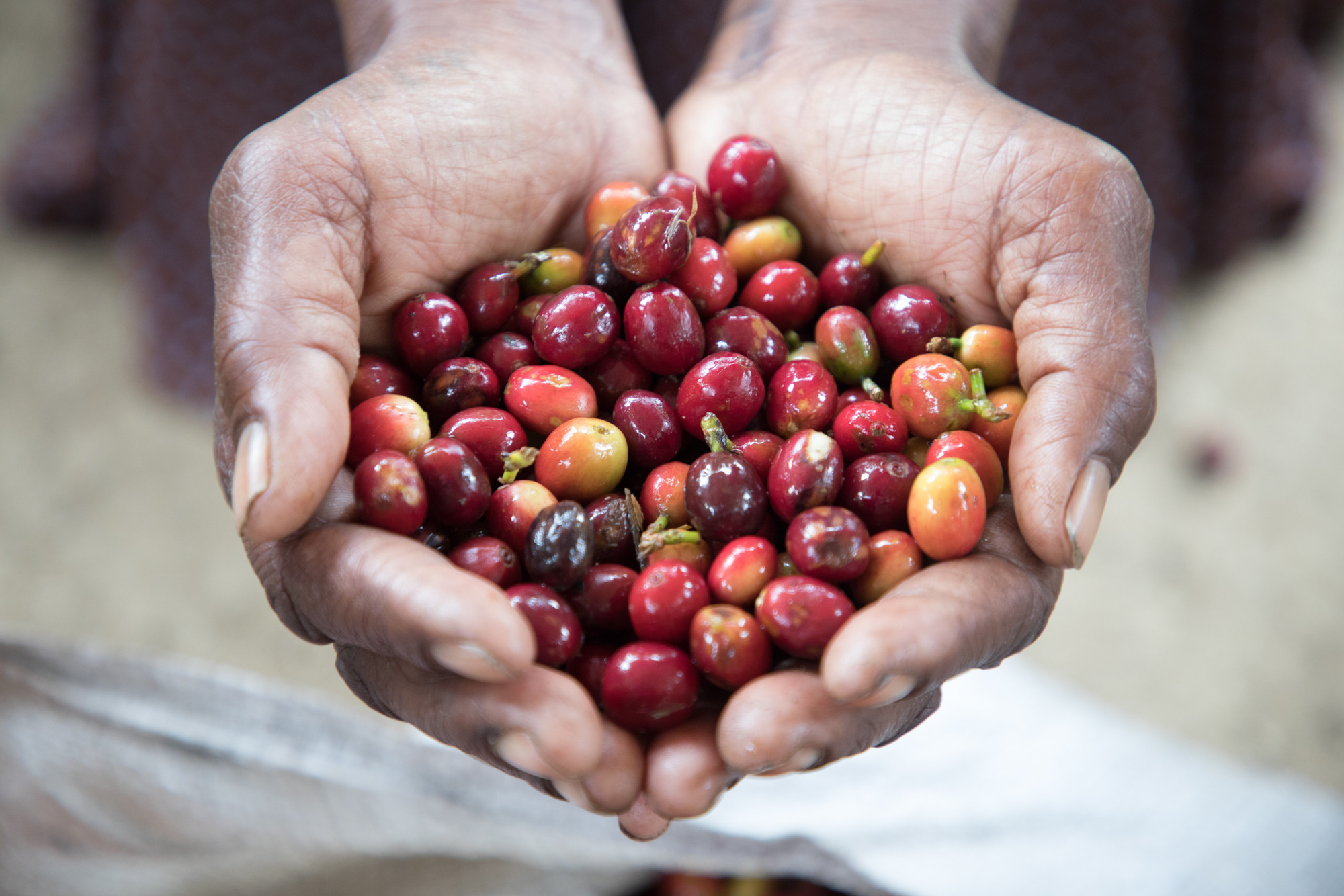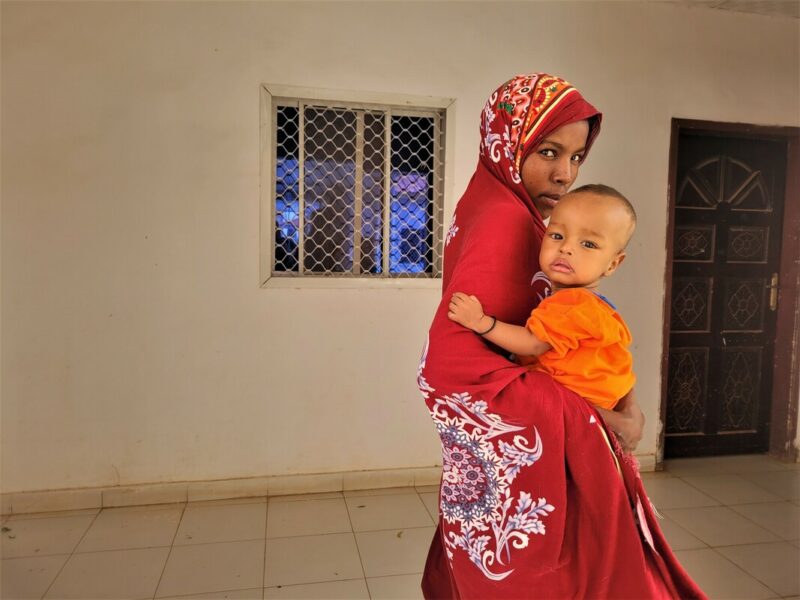Papua New Guinea, our nearest neighbour, faces many challenges in overcoming poverty.
Over a third of the population live below the poverty line and more than 80% of people live in rural areas, with limited access to health centres, education and agricultural services.
Women living in rural Papua New Guinea (PNG) suffer even more. They work long hours but are rarely involved in decision-making and have little control over the money they earn or the land they farm. Almost two-thirds of these women are also victims of violence.
CARE has been working in PNG since 1989 and since 2013 we have been running our Coffee Industry Support Project with support from the Australian Government.
Coffee production is the backbone of the rural economy in the Highlands
Coffee is the second leading agricultural commodity in PNG and contributes substantially to foreign exchange earnings, employment and national GDP. While the PNG market accounts for less than 1% of global coffee exports, roughly one-third of PNG’s population is involved in its production, processing and sale.
Five rural provinces in the Highlands account for more than 90% of coffee production and village-based farmers with small plots produce 85% of the annual crop.
Coffee production in PNG is labour intensive, farming techniques in rural areas are out of date, crop yields are poor and the supply chains span vast distances and remote regions. Despite working hard, farmers struggle to make enough money to provide for their families.
CARE’s Coffee Industry Support Project (CISP) is working to change this. The project improves the livelihoods of coffee farmers by harnessing the power and potential of women. Local CARE staff deliver essential tools and training which encourage women to play an active part in farming and farm management.
The project also works in partnership with coffee industry stakeholders including private sector exporters, the Coffee Industry Corporation and coffee cooperatives, to build more gender-inclusive programs, policies and practices.

What we’re doing to help change this
- Delivering crucial gender equality training and support, encouraging women in farming communities to participate in decisions that will impact their family’s future.
- Providing farming tools and agricultural support to female farmers, to increase crop yields and generate more income for their families.
- Reaching more coffee and cocoa farmers, particularly women, with training and skills development, to help feed their families and communities.
Women and girls in PNG face formidable barriers to overcoming poverty and injustice
Despite high participation in farming, women have much lower access to waged employment or financial independence. Women rarely own property or land, have very limited influence in household decision-making and are poorly represented in leadership and governance structures.
Gender inequality is linked to severe rates of sexual violence, family violence and assault in PNG. This has a grave impact on the health and wellbeing of women in PNG.
Many rural women in PNG work long hours for the well-being of their households but much of their work is undervalued because it is generally unpaid and often confined to the domestic or household realm. When farming, women’s work focuses on labour intensive and time-consuming tasks, whereas men control the planning and marketing, especially for cash crops.
Stella from Papua New Guinea
Stella is a strong, resourceful woman determined to try everything she can to work towards a better life for her family. Before joining CARE’s coffee project, her family were struggling with crop yield and had little income.
“It was a painful period … I don’t want my children to face the same problems I faced.”
Thankfully, the prospect of relief was in sight for Stella.
After joining CARE’s Coffee Industry Support Project, Stella was given secateurs to replace her bush knife and began working alongside her husband, Charles, on their coffee farm. Together, they learnt how to improve their crop yield — planting large trees to shade coffee plants and recognising unhealthy plants early — and were connected to a network helping them access the tools and equipment they needed for improved coffee production and the means to sell it.
Importantly, Stella and Charles attended Family Business Management Training where they learnt how to run their farm as a true partnership — sharing all responsibilities, from child caring to budgeting and decision-making.
When we last spoke to Stella, she was incredibly proud to announce their sales of coffee at the market have nearly doubled. And with that pride comes tremendous relief that she and Charles are now able to better provide for their children with food, soap, medicine, repairs to the house and fees for school.

CARE Australia receives support from the Australian Government for this project through the PNGAusPartnership.

Banner image: ©John Hewat/CARE


